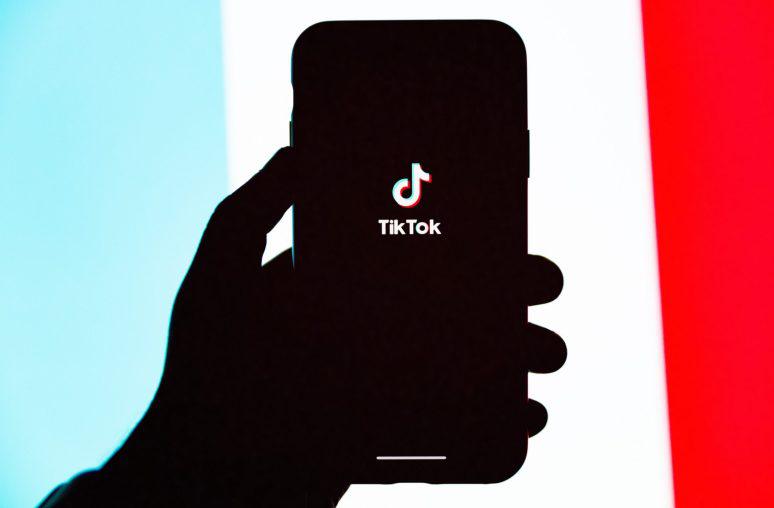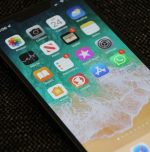TikTok: A global dilemma

In a decisive move, reflecting widespread international apprehension about data security, the United States is on the brink of imposing a ban on the popular video-sharing app TikTok.
This action stems from concerns over the potential for China to access personal information of American users through TikTok’s parent company, ByteDance.
Despite ByteDance’s assurance that it does not share U.S. user data with Chinese authorities, scepticism persists among U.S. officials.
The urgency of these concerns is magnified by the approach of the 2024 U.S. elections, with fears that the app could be used to sway electoral outcomes.
The legislative push by the U.S. House of Representatives mandates ByteDance to sever its ties with TikTok or face a ban.
Already, over half of the U.S. states and numerous public universities have prohibited TikTok on government devices and through university networks.
This mirrors actions taken by several countries and major international bodies, underlining the global nature of these security apprehensions.
India, following a border clash, took a firm stance by banning TikTok and other Chinese apps in 2020, citing privacy and security risks.
Similarly, the European Union and its leading bodies, as well as NATO, have restricted the app on official devices, underscoring the perceived threats to data privacy and national security.
The rationale behind these bans extends beyond data concerns, touching on issues related to the app’s addictiveness, the safety of children, and mental health implications.
This reflects a broader worry about the influence of social media platforms on societal well-being.
Globally, the response to TikTok has varied, with many countries, implementing partial bans targeting government devices. Some of these countries are the United Kingdom, Canada, France, and Australia.
At the same time, countries like India and Afghanistan have enacted full prohibitions.
These measures signify a growing caution towards apps with potential foreign surveillance capabilities. Besides, they also highlight the complex interplay between technology, privacy, and national security in the digital age.
Image by Jayanti Devi from Pixahive (Free for commercial use / CC0 Public Domain)
You may also like
Image Reference: https://pixahive.com/photo/tiktok-in-mobile-phone/
Recent Posts
- Sahayatha: A smart wheelchair restoring dignity through innovationSruthi developed Sahayatha, a revolutionary wheelchair that empowers persons with disabilities to live independently.
- Kasol – The Mini Israel of IndiaBeyond culture, Kasol’s mesmerising landscape captivates every visitor.
- India’s crackdown on dark patterns in e-commerceIndia’s crackdown on dark patterns marks a major step toward responsible e-commerce growth.
- Sahayatha: A smart wheelchair restoring dignity through innovation
What’s new at WeRIndia.com
News from 700+ sources
-
Over 91,000 Fake ENO Packets Seized In Delhi How To Identify Fake Vs Real Antacid Powder
-
Mandhana Cements Top Spot In ODI Batting Rankings With Career-best Rating
-
Sequoia backs AI start-up aiming to automate junior banker tasks
-
Cyclone Montha: NDRF deploys teams in likely affected coastal districts
-
FinMin seeks industry suggestions on tax changes expected in FY27 Budget
-
Gold, silver slump for 3rd day in futures trade on easing US-China trade tensions
-
WeRIndia – A News Aggregator
Visit werindia.com for all types of National | Business | World | Politics | Entertainment | Health related news and much more..










Leave a Reply